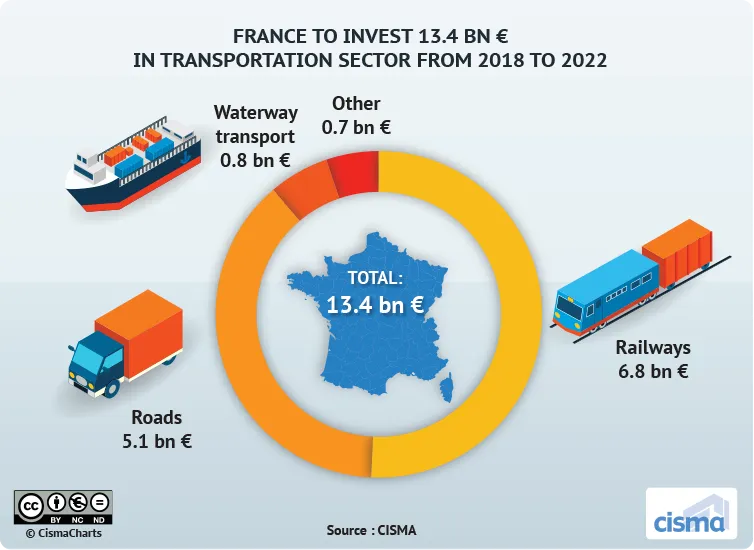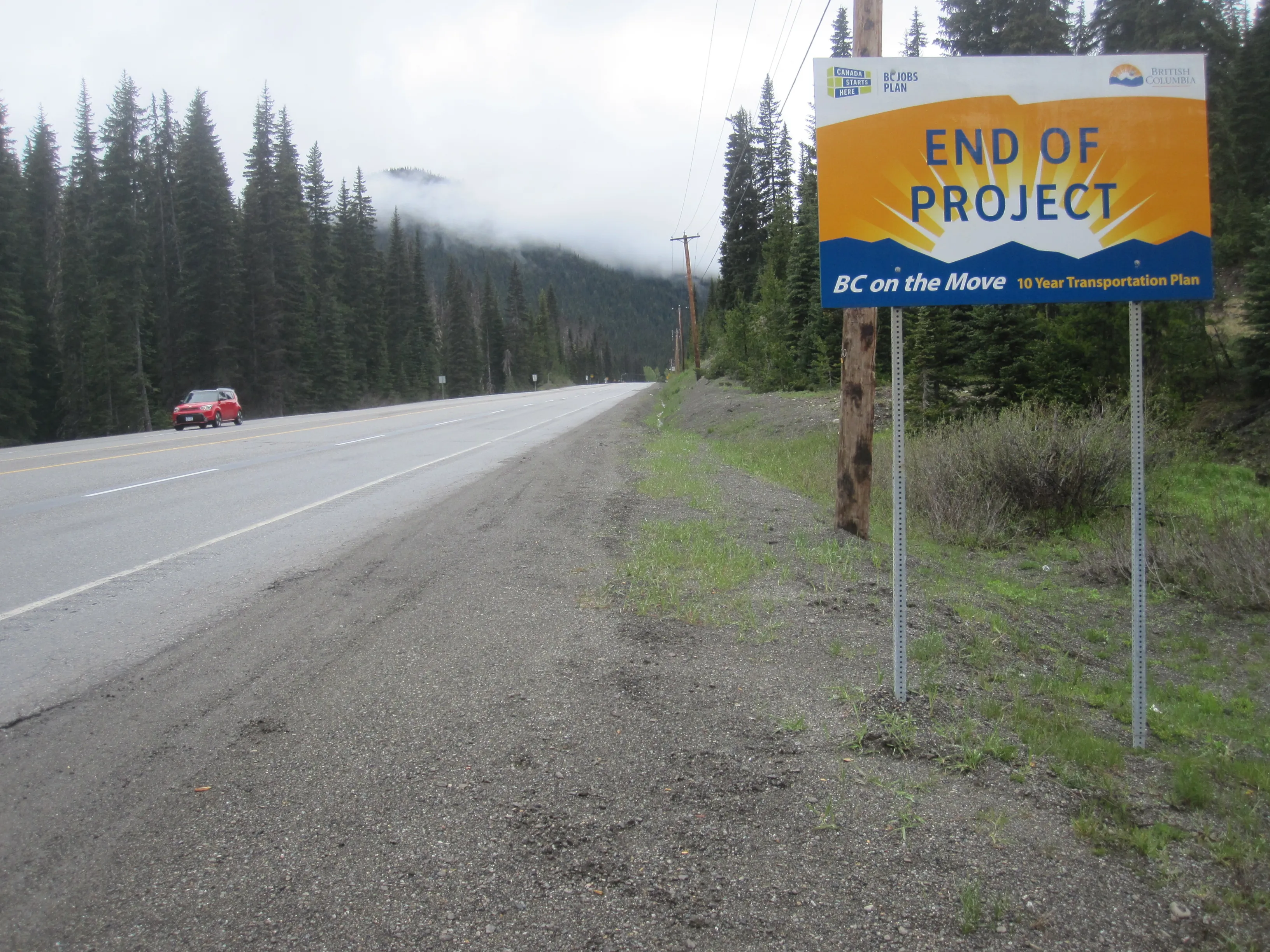
France will invest €5.1 billion in maintenance and construction of highways up to 2022 as part of a major transportation strategy.
The money for highways is within €13.4 billion that the government pledged to invest in the general transportation sector. More than half of the money will be for railways.
In September, the French government outlined its infrastructure spending priorities for the decade to 2028. The government is to prioritise investment at key rail hubs outside Paris. Half the total €13.4 billion will be dedicated to rail spending which is to be focused on the everyday needs of users.
The government has set a target of doubling rail’s modal share “for daily journeys in and around the largest urban centres”, it said. While its core focus is ‘everyday transport’, the government is not turning its back on ‘major new rail infrastructure projects between cities’.
In May, France announced that it would boost its annual national-road modernisation fund by 25% to €1 billion starting next year.
French Transport Minister Élisabeth Borne, who made the announcement, said starting in 2022, roads will be reviewed every five years under a new scoring system to determine which are in most need of repairs and modernisation. A focus will be on roads serving mid-sized cities.
But the plan is meant for trunk national roads directly managed by the government and not on departmental roads which are managed at local and regional level.
At the start of this year, French media reported that the government would cut the speed limit on two-lane highways to 80kph from 90kph. The move is part of an effort to reduce road deaths which reached nearly 3,500 in 2016.
Just over half of the deaths happened on the 400,000km of two-lane secondary roads which lack a separating guardrail.






